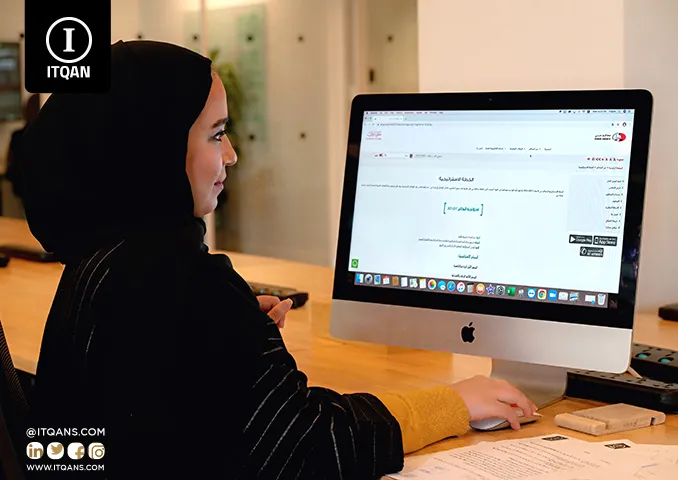Business Setup UAE: A Guide for Saudi Entrepreneurs
Starting a business in Dubai is an exciting opportunity for Saudi entrepreneurs seeking growth and international expansion. The UAE offers a business-friendly environment, low taxes, and strategic access to global markets. This article provides a complete guide to business setup in UAE, covering the benefits, key steps, and legal requirements to establish your company in Dubai.
Why Start a Business in UAE?
The UAE has cemented its reputation as a global hub for business and innovation. Entrepreneurs from Saudi Arabia can greatly benefit from its vibrant economy, modern infrastructure, and investor-friendly policies. Here are a few reasons why the UAE is an ideal destination for business setup:
- Tax-Free System: Enjoy a business environment with no personal income tax and low corporate taxes.
- Strategic Location: Gain access to major international markets in Asia, Europe, and Africa.
- Modern Free Zones: Enjoy 100% foreign ownership, tax exemptions, and simplified regulations.
- Ease of Doing Business: The UAE ranks among the world’s best for ease of doing business, with streamlined licensing processes.
Key Steps for Business Setup in UAE
Setting up a company in the UAE involves several important steps. Each step requires careful planning to ensure compliance with local regulations. Here’s a detailed breakdown:
1. Choose Your Business Activity
The first step is to select a business activity that aligns with your goals. Whether you’re planning to open a retail store, start a consultancy, or launch an export business, identifying your target market is essential. Visit the UAE Government Portal for a list of permitted business activities.
2. Select the Right Jurisdiction
Business setup in UAE involves choosing between three main jurisdictions:
- Mainland: Perfect for companies wanting unrestricted access to UAE markets but may require a local partner.
- Free Zones: Best for businesses targeting international markets. Offers 100% ownership and full tax benefits.
- Offshore: Ideal for holding companies or businesses not requiring a physical office in Dubai.
For guidance, check out Best Free Zones in UAE for Business Setup.
3. Secure Your Trade Name
Choosing a unique trade name is crucial. Ensure it follows the UAE naming regulations, and get it approved by the Department of Economic Development (DED).
4. Obtain the Necessary Licenses
The type of business license you need will depend on your chosen activity and jurisdiction. Popular options include:
- Commercial License (for trading businesses)
- Professional License (for service-oriented businesses)
- Industrial License (for manufacturing units)
5. Register Your Company
After finalizing your location and trade name, register your business with the relevant authorities in the UAE. You’ll also need to submit the required documentation, including passport copies, articles of association (AOA), and a Memorandum of Association (MOA).
6. Open a Corporate Bank Account
Once your company is registered, opening a local business bank account is the next step. The UAE’s banking sector offers various options for non-residents and foreign business owners.
7. Obtain Visas for Employees and Owners
Businesses in the UAE can sponsor employee visas as per labor laws. Additionally, entrepreneurs can apply for investor visas to reside and operate in the country.
Mainland vs Free Zones: Which Option is Right for You?
Choosing between the mainland and free zones depends on your business objectives and operational needs. Here’s a comparison:
| Feature | Mainland | Free Zones |
|---|---|---|
| Ownership | Local partner required | 100% foreign ownership |
| Market Access | UAE-wide | Primarily international |
| Tax Benefits | Limited | Full exemptions |
Costs Involved in Business Setup in UAE
The cost of establishing a company in Dubai varies depending on your chosen jurisdiction, business activity, and licensing requirements. Key expenses include:
- Trade license fees
- Office or warehouse rental costs
- Visa processing fees
- Trademark registration (if applicable)
- Annual local service agent fees (for mainland companies)
To ensure accurate budgeting, consult a professional business consultant familiar with UAE regulations.
Conclusion
Starting a business in the UAE provides countless opportunities for Saudi entrepreneurs aiming to expand and succeed. By following the outlined steps, you can navigate the process of establishing your company smoothly. Whether you opt for the mainland or free zone options, Dubai’s business-friendly policies and strategic benefits make it one of the best places in the world to grow your enterprise.
For official guidance, visit UAE Government Portal or consult a reliable business setup consultant to streamline your journey.







